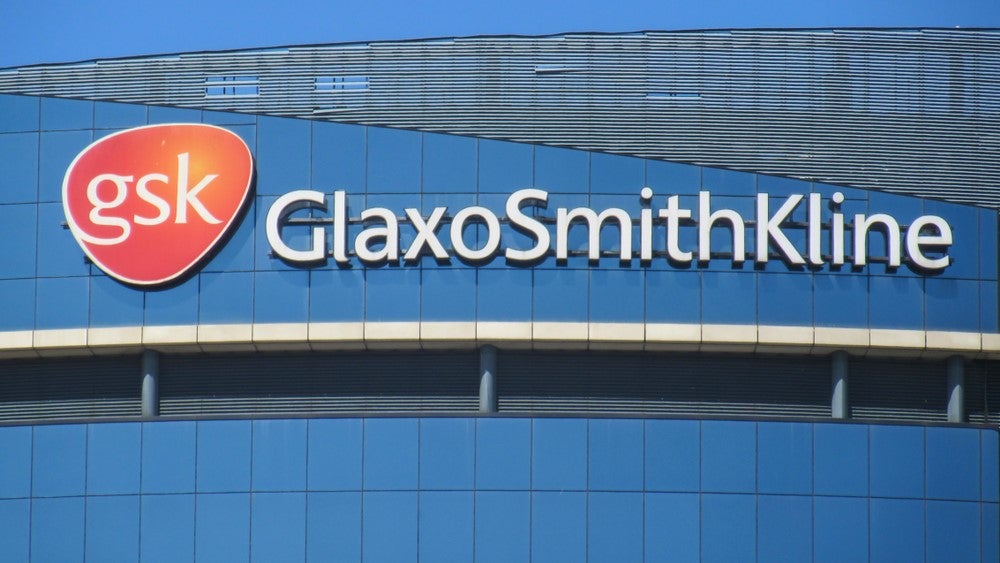
The US Food and Drug Administration (FDA) has approved GSK’s Ojjaara (momelotinib) for treating intermediate or high-risk myelofibrosis patients with anaemia.
The intermediate or high-risk myelofibrosis patients include individuals with primary or secondary myelofibrosis (post-polycythaemia vera and post-essential thrombocythemia). In June, the FDA pushed the Prescription Drug User Fee Act (PDUFA) target action date for the drug to September without disclosing any reason for the extension.

Discover B2B Marketing That Performs
Combine business intelligence and editorial excellence to reach engaged professionals across 36 leading media platforms.
Ojjaara is a once-daily Janus kinase (JAK)1/JAK2 and activin A receptor type 1 (ACVR1) inhibitor initially developed by Sierra Oncology. Ojjaara was included in GSK’s portfolio after the acquisition of Sierra in 2022.
Myelofibrosis is a rare blood cancer that is characterised by the build-up of scar tissue (fibrosis) in the bone marrow. Due to marrow fibrosis, the common symptom of the disease is low blood counts including red blood cells (anaemia).
According to the National Organization for Rare Diseases, primary myelofibrosis affects 1.5 people per every 100,000 individuals in the US. The commonly prescribed FDA-approved treatment for myelofibrosis includes Novartis and Incyte’s Jakafi (ruxolitinib). Jakafi generated $1.2bn in global sales in H1 2023, as per Incyte’s Q2 financial report.
GlobalData forecasts Ojjaara to have modest sales of $499m in 2029 compared to Jakafi’s sales of $3.1bn in the same period.

US Tariffs are shifting - will you react or anticipate?
Don’t let policy changes catch you off guard. Stay proactive with real-time data and expert analysis.
By GlobalDataGlobalData is the parent company of Pharmaceutical Technology.
The approval is based on the two Phase III studies, Momentum (NCT04173494) and Simplify-1 (NCT01969838) which compared Ojjaara to other myelofibrosis therapies, danazol and Jakafi, respectively.
The results from the Momentum trial were published in the Lancet and showed a 50% or more reduction in the total symptom score with Ojjaara compared to danazol.
Data from the subgroup of patients from the Simplify-1 trial was also part of the approval and showed that Ojjaara reduced the spleen volume response by 35% or more.
The commonly observed adverse events included thrombocytopenia (low platelet count), haemorrhage, bacterial infection, fatigue, dizziness, diarrhoea, and nausea.
Ojjaara is also being evaluated in other conditions such as non-small cell lung cancer, polycythaemia vera, and pancreatic ductal adenocarcinoma.


